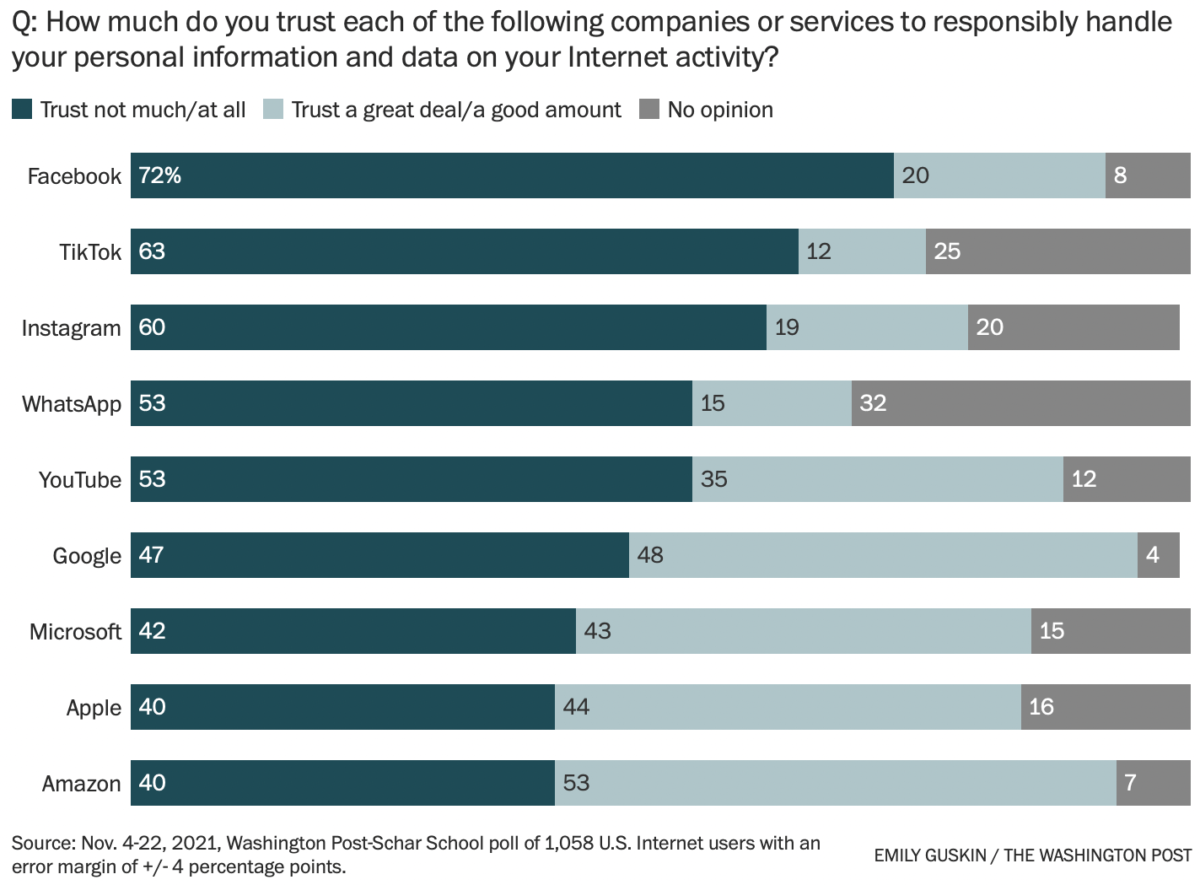- Nov 10, 2017
- 3,135
- 1
- 22,994
- 4,269
Google is getting ready to test a new "IP Protection" feature for the Chrome browser that enhances users' privacy by masking their IP addresses using proxy servers.
Recognizing the potential misuse of IP addresses for covert tracking, Google seeks to strike a balance between ensuring users' privacy and the essential functionalities of the web.
IP addresses allow websites and online services to track activities across websites, thereby facilitating the creation of persistent user profiles. This poses significant privacy concerns as, unlike third-party cookies, users currently lack a direct way to evade such covert tracking.
Initially, IP Protection will be an opt-in feature, ensuring users have control over their privacy and letting Google monitor behavior trends.
The feature's introduction will be in stages to accommodate regional considerations and ensure a learning curve.
Full article:

Google Chrome's new "IP Protection" will hide users' IP addresses
Google is getting ready to test a new "IP Protection" feature for the Chrome browser that enhances users' privacy by masking their IP addresses using proxy servers.
Post has been mod edited.
Last edited by a moderator:





